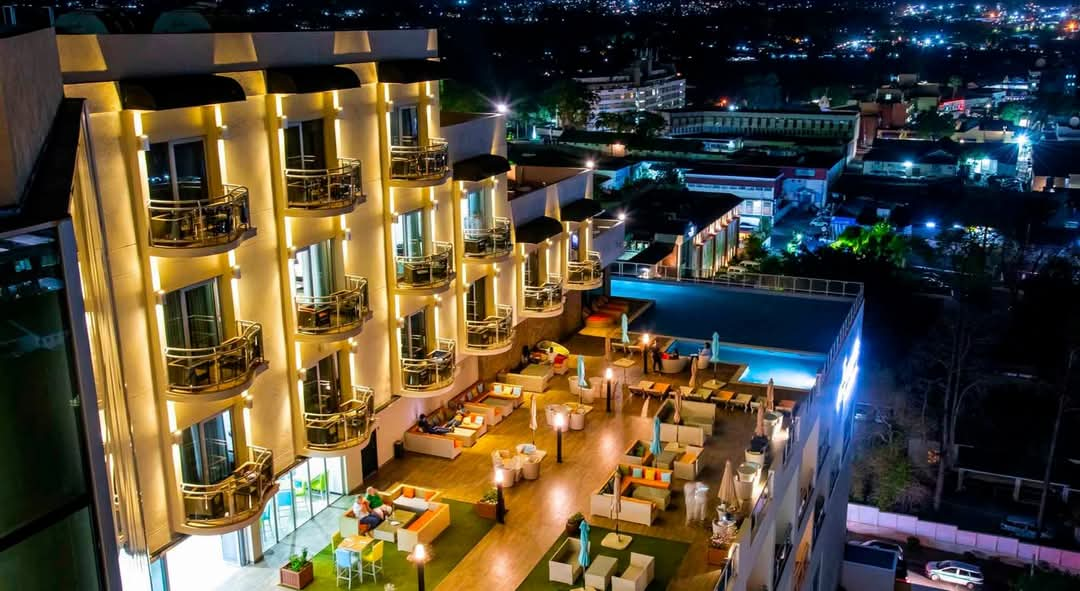By Burnett Munthali, Political Analyst
Politics is often seen as a distant, abstract concept, confined to legislative halls or political debates. However, its influence extends deeply into our daily lives, shaping not only the structures of power that govern our society but also the very fabric of our identities, relationships, and well-being. Understanding how politics affects you personally is crucial in navigating the complexities of modern life.
1) Shaping social networks
Firstly, politics significantly impacts the formation and dynamics of social networks. Individuals tend to gravitate toward like-minded people, and political beliefs often serve as a litmus test for friendships and affiliations. This can foster a sense of belonging within certain groups while simultaneously alienating those with differing views.
Engaging in political discourse, whether through discussions, protests, or social media, allows individuals to connect with others who share similar beliefs. This can strengthen community ties and foster a sense of unity. However, for those with minority views, the political landscape can feel isolating, leading to feelings of marginalization and disconnection.
In an increasingly polarized political environment, differences in political beliefs can strain relationships. Families and friendships can suffer as political ideologies become sources of conflict. This division can hinder constructive conversations and lead to a culture of intolerance, where individuals are unwilling to engage with differing perspectives.
2) Influencing personal identity
Secondly, your political beliefs are often intertwined with your identity. They can shape how you view yourself and how you relate to others in your community.
Political ideology can inform your values, priorities, and worldview. For many, political affiliation becomes a core aspect of their identity, influencing their decisions and interactions. This can create a sense of purpose and direction but can also lead to rigidity in thinking and a reluctance to consider alternative viewpoints.
In environments dominated by opposing political ideologies, individuals may feel pressured to conform or risk being ostracized. This can result in internal conflict and feelings of inadequacy or inferiority, especially if one’s views are met with hostility. The psychological toll of feeling marginalized can affect self-esteem and overall mental health.
3) Emotional and psychological impact
Thirdly, the emotional landscape of political engagement is profound. Politics can be a source of intense feelings—ranging from hope and motivation to anxiety and despair.
Exposure to political conflict and instability can lead to increased stress and anxiety. Events such as elections, policy changes, or social movements can evoke strong emotional responses. Research indicates that these negative emotions can predict self-reports of decreased psychological well-being, leading to feelings of helplessness and disillusionment.
The stress associated with political environments can manifest physically. Chronic stress can lead to various health issues, including anxiety disorders, depression, and cardiovascular problems. Individuals may also engage in unhealthy coping mechanisms, such as substance abuse or social withdrawal, further exacerbating physical and mental health challenges.
4) The role of activism and engagement
Fourthly, while politics can be a source of distress, it can also empower individuals to take action and create change.
Political Activism: Many individuals channel their feelings of frustration or hope into activism, becoming involved in movements that align with their values. This engagement can foster a sense of agency and purpose, allowing individuals to feel that they are making a difference in their communities and beyond.
Civic Responsibility: Understanding how politics affects you can encourage greater civic participation. Engaging in the political process—whether through voting, advocacy, or community organizing—allows individuals to influence the systems that govern their lives. This active participation can foster a sense of empowerment and community, countering feelings of helplessness.
Conclusion
Politics profoundly affects you in myriad ways, shaping your social networks, personal identity, and emotional well-being. Understanding this connection is vital for navigating the complexities of modern life. While politics can sometimes feel overwhelming and divisive, it also presents opportunities for engagement, activism, and community building. By recognizing the impact of political environments on your life, you can take proactive steps to foster positive relationships, promote mental health, and contribute to a more inclusive society. Engaging with the political landscape can empower you to be an agent of change, turning challenges into opportunities for growth and connection.
Are you ready to register and vote in 2025? Register and vote wisely.




